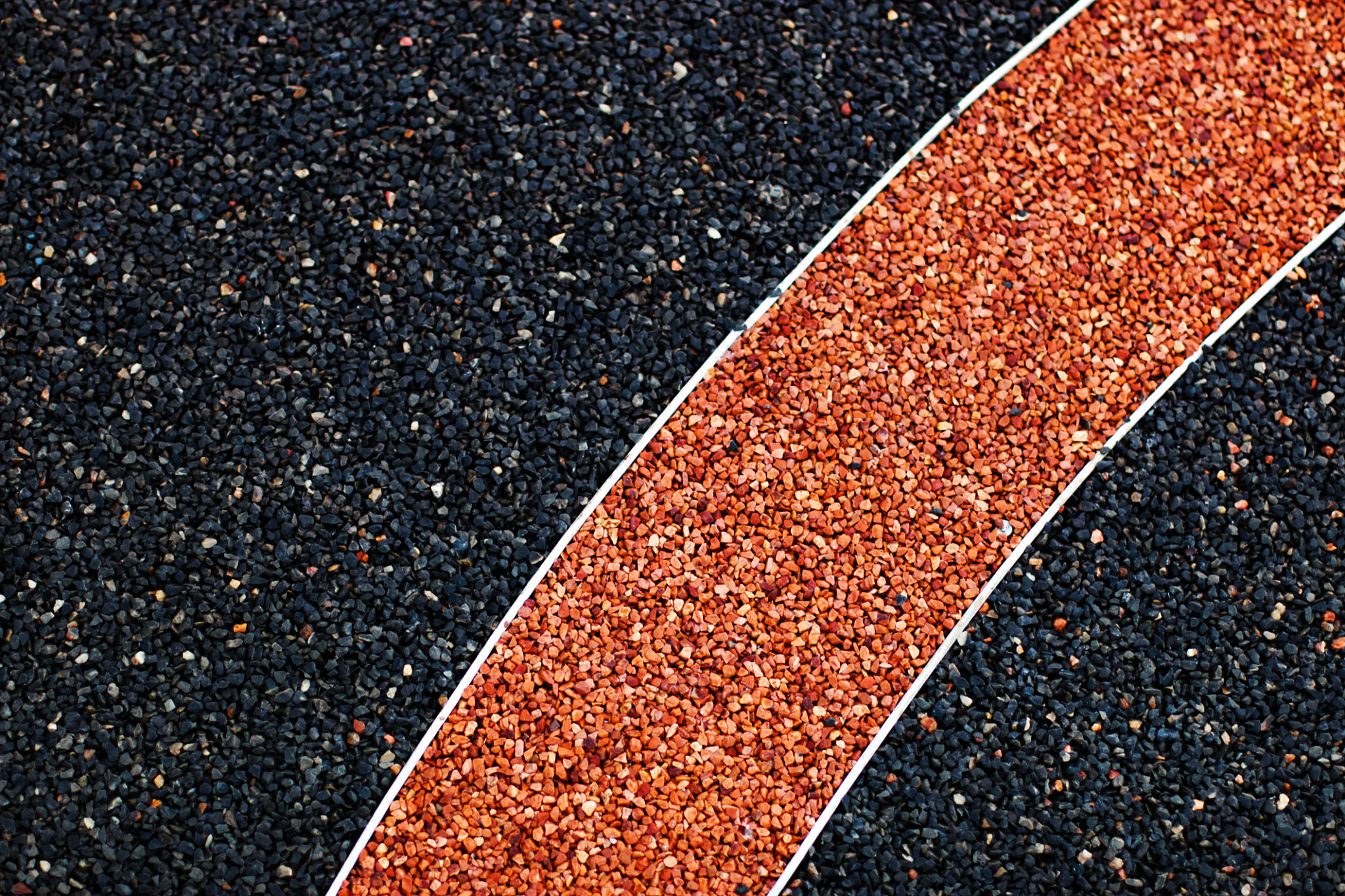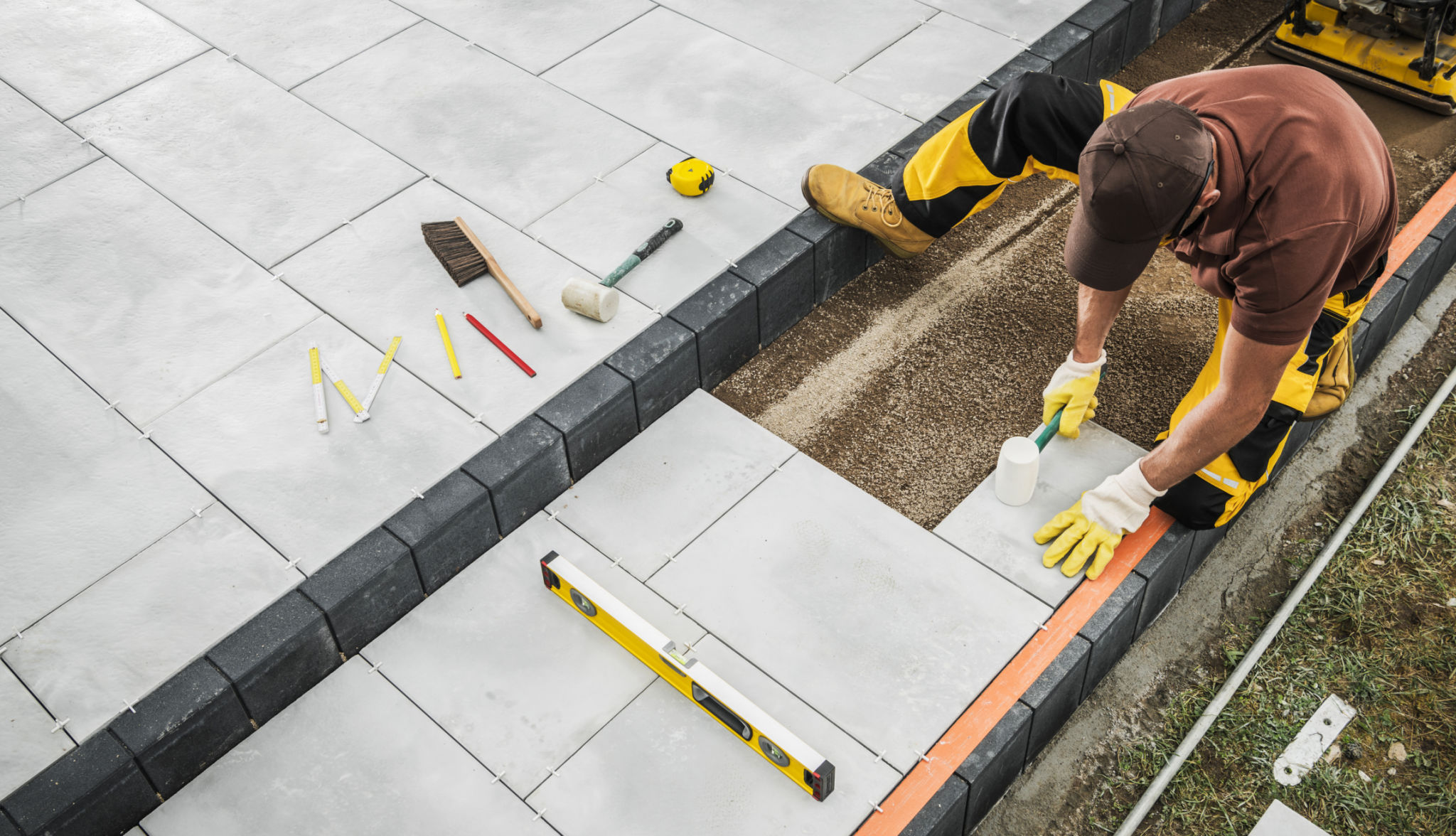The Ultimate Comparison: Resin-Bound vs. Block Paving for Your Home
PP
Understanding Resin-Bound Surfaces
When it comes to enhancing your home’s curb appeal, choosing the right paving solution is crucial. Resin-bound surfaces have gained popularity due to their sleek appearance and durability. Composed of natural aggregates mixed with a clear resin, this type of paving offers a smooth finish that is both attractive and functional.
One of the main advantages of resin-bound surfaces is their permeability. This feature allows water to drain through, reducing the risk of puddles and flooding. Additionally, resin-bound surfaces are available in a variety of colors and textures, allowing homeowners to customize their driveways or patios to suit their aesthetic preferences.

Benefits of Resin-Bound Paving
Resin-bound paving offers several benefits that make it a popular choice among homeowners:
- Low Maintenance: The surface is easy to clean and requires minimal upkeep.
- Weather Resistance: It can withstand various weather conditions without cracking.
- Eco-Friendly: Its permeability helps manage stormwater naturally.
Exploring Block Paving
Block paving, also known as brick paving, is a traditional option that offers a classic and timeless look. Made from concrete or clay, these blocks are laid in patterns to create visually appealing surfaces. Block paving is favored for its robustness and ability to support heavy loads, making it ideal for driveways.
A key feature of block paving is its ease of repair. Should any block become damaged, it can be easily replaced without disturbing the entire surface. This flexibility is a major selling point for those looking for a long-term investment.

Advantages of Block Paving
Block paving provides numerous benefits that contribute to its enduring popularity:
- Durability: Highly resistant to wear and tear, it’s perfect for high-traffic areas.
- Versatility: Available in a wide range of colors, shapes, and patterns.
- Low Maintenance: Simple to clean and maintain over time.
Comparing Cost and Installation
Cost is a significant factor when choosing between resin-bound and block paving. Generally, resin-bound surfaces can be more expensive due to the materials and preparation required. However, its long lifespan and minimal maintenance can offset initial costs.
Block paving is often less expensive upfront, but costs can add up if repairs are needed. Installation also plays a role; resin-bound surfaces require professional installation for optimal results, while block paving can be a more DIY-friendly option.

Which is Right for You?
Deciding between resin-bound and block paving depends on your specific needs and preferences. If you prioritize modern aesthetics and permeability, resin-bound may be the way to go. For those who value classic designs and ease of repair, block paving could be the better choice.
Ultimately, both options offer distinct advantages and can significantly enhance the look and functionality of your home’s exterior. Consider your budget, maintenance willingness, and design preferences when making your decision.
